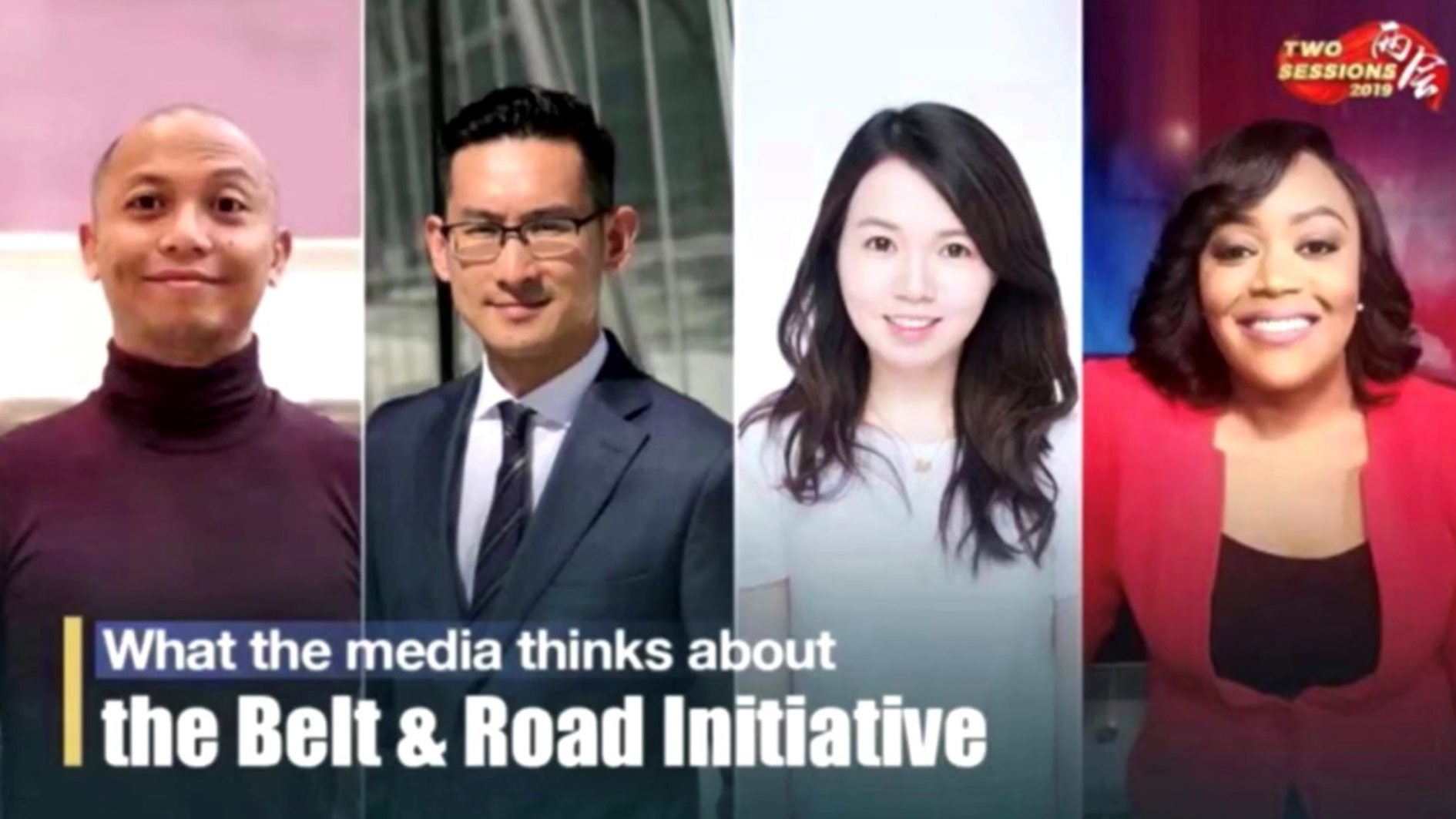
Domestic
17:12, 11-Mar-2019
Two Sessions Roundtable: BRI in the eyes of the media
Dai Piaoyi
05:13

During the Two Sessions, Chinese Foreign Minister Wang Yi said the Belt and Road Initiative has become the world's largest platform for international cooperation, and a great opportunity for shared development among the participating countries.
CGTN Africa reporter Uche Okoronkwo said under the Belt and Road Initiative, China has approached Africa in a way that's different to a lot of other providers of foreign assistance.
"We've seen it create jobs; we've seen it boost much-needed infrastructural development on the continent; and we've seen it build capacity, which we know Africa lacks," Uche said.
China Radio International reporter Rhio Zablan, who is originally from the Philippines, said his country's national development program "Build Build Build" and the Belt and Road Initiative are connected to each other.
He quoted the ambassador of the Philippines as saying that the essence of BRI and "Build Build Build" is convergence, and that is achieved through infrastructural development.
"Through infrastructure development, China is helping the Philippines develop. It's creating more jobs, sustainable development, corporations, and people-to-people exchanges. It contributes not only to the Philippines, but also China." Rhio added.
Despite all the positives, the Belt and Road Initiative is still facing challenges. People's Daily reporter Han Xiaomeng suggested that the feasibility of different programs could be a major challenge. Uche Okoronkwo added that the protectionism may also be one of the things that may slow down the implementation of the BRI in Africa.

SITEMAP
Copyright © 2018 CGTN. Beijing ICP prepared NO.16065310-3
Copyright © 2018 CGTN. Beijing ICP prepared NO.16065310-3